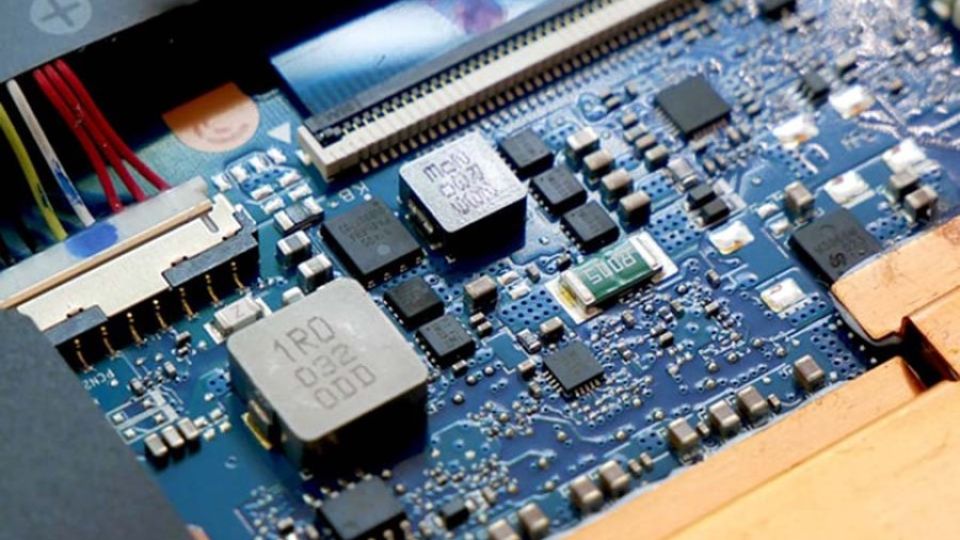February 21, 2025
SEOUL – A bill to strengthen the competitiveness of the nation’s semiconductor industry is in crisis over a clause that exempts R&D workers in the industry from the 52-hour workweek.
Lawmakers of the ruling and opposition parties discussed the clause in a subcommittee meeting of the National Assembly’s Trade, Industry, Energy, SMEs and Startups Committee on Monday, but failed to agree on it.
The ruling People Power Party is clinging to the position that it should stay, while the main opposition Democratic Party of Korea is arguing the issue should be covered by the Labor Standards Act. But this would mean the Environment and Labor Committee is supposed to handle it. Democratic Party members of the committee oppose making an exception for the semiconductor industry.
The Democratic Party wants to proceed with the bill without the clause. Rep. Kim Won-i of the party said that it was a minor part of the bill.
But for the ruling party, that clause is the key point. The bill covers government subsidies, research and development support, related infrastructure construction and other support to raise the competitiveness of South Korea’s semiconductor industry.
Among others, allowing companies to ask R&D scientists and engineers to work longer hours than the legal maximum of 52 hours a week is what business lobby groups want the most.
Semiconductor companies can make investments with their own funds even without government subsidies, but they can make employees work more R&D hours flexibly only if an exception to Korea’s universal 52-hour workweek is approved.
Business lobby groups say it will be difficult for Korean companies that are forced to turn off the lights of their labs after 52 hours to beat competitor TSMC in Taiwan, where R&D professionals work longer shifts.
The Democratic Party is said to be concerned that once an exception is allowed for the semiconductor industry, other strategic industries will likely make the same demand, eventually negating the universality of the 52-hour workweek.
But for the ruling party, this is an excessive worry. It is desirable to deal with work hours issues through labor and management agreements reflecting the different conditions of individual companies. The working life of highly paid scientists and engineers differs from that for production workers.
For the conservative party, the breakdown of negotiations over the bill is attributable to Democratic Party Chair Rep. Lee Jae-myung’s change of position.
He said in a debate on the bill on Feb. 3 that he sympathized with an opinion that it is reasonable to give flexibility in work hours to R&D professionals only. He said that he was at a loss for words, in response to a question about whether there was a problem in letting them work intensively as an exception, provided they agree to do so. Two days later, however, he backpedaled, saying that he doubts it is necessary to make an exception for the semiconductor industry.
In a National Assembly speech on Feb. 10, Lee said that it was wrong to argue that international competitiveness in the high-tech field can be raised through lengthening work hours and labor exploitation.
Lee backtracked to reflect the strong backlash from umbrella union Korea Confederation of Trade Unions, lawmakers and party supporters. He had once said that he prioritized business-driven growth, apparently to extend his base, but he eventually came back to his original prolabor position.
Regarding the issue of revising the Inheritance Tax Act, Lee recently argued for tax deductions to be expanded for those who inherit a home. But he looked away when it came to a key issue: cutting the highest inheritance tax rate to lessen the burden on those who inherit a business. South Korea has the second highest inheritance tax rate among OECD member countries. But Lee has said it will only benefit the superrich.
When the ruling party commented that he was ideologically moving from left to right, Lee argued that his party was originally focused on the economy and that fools do not change.


